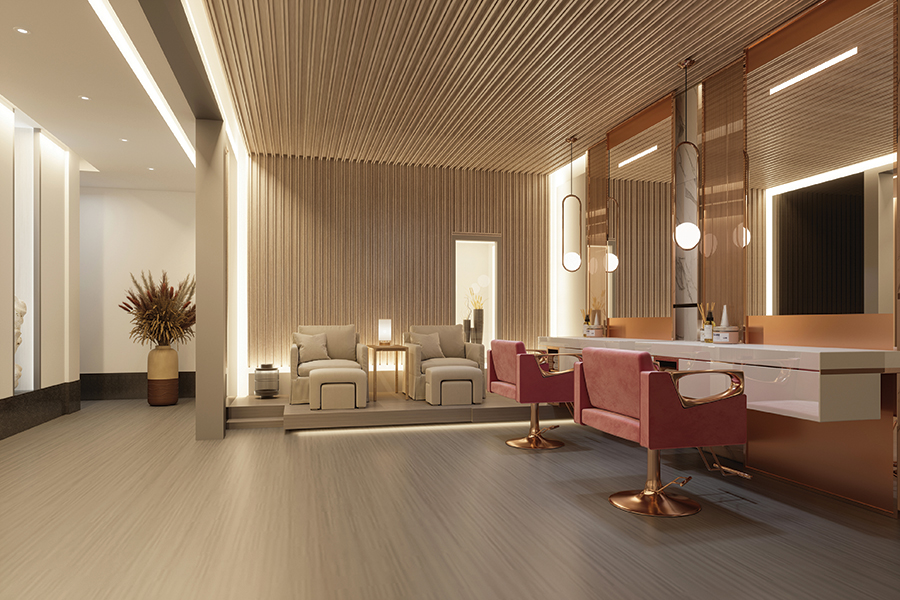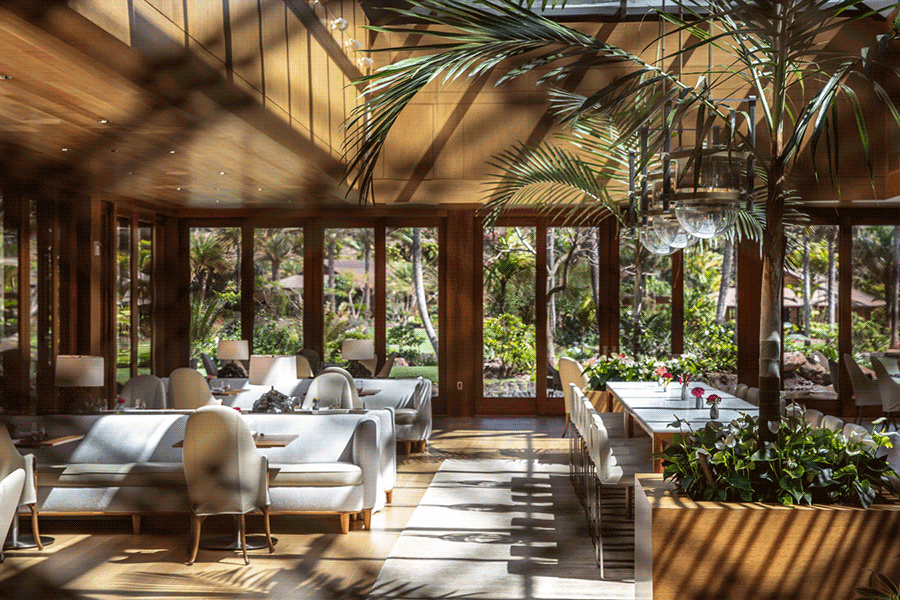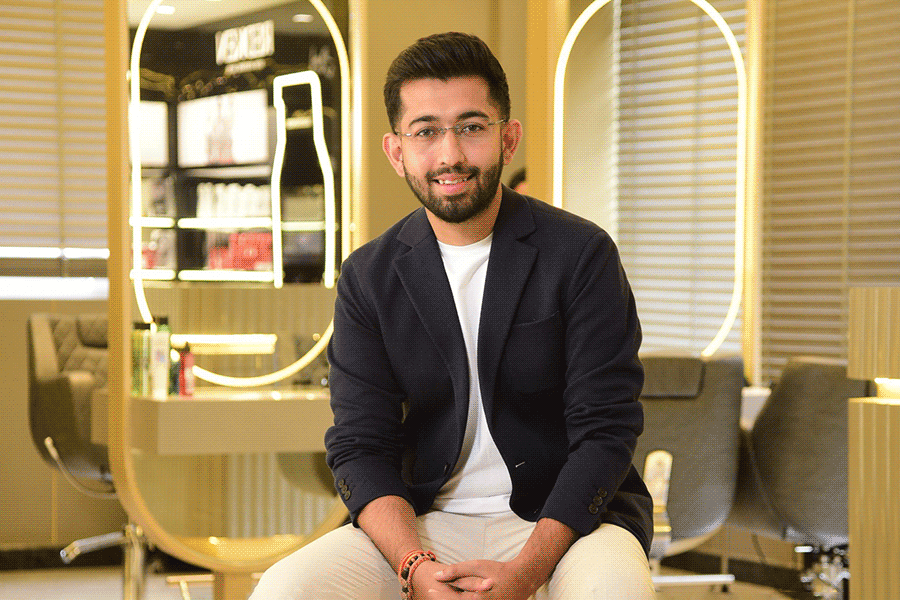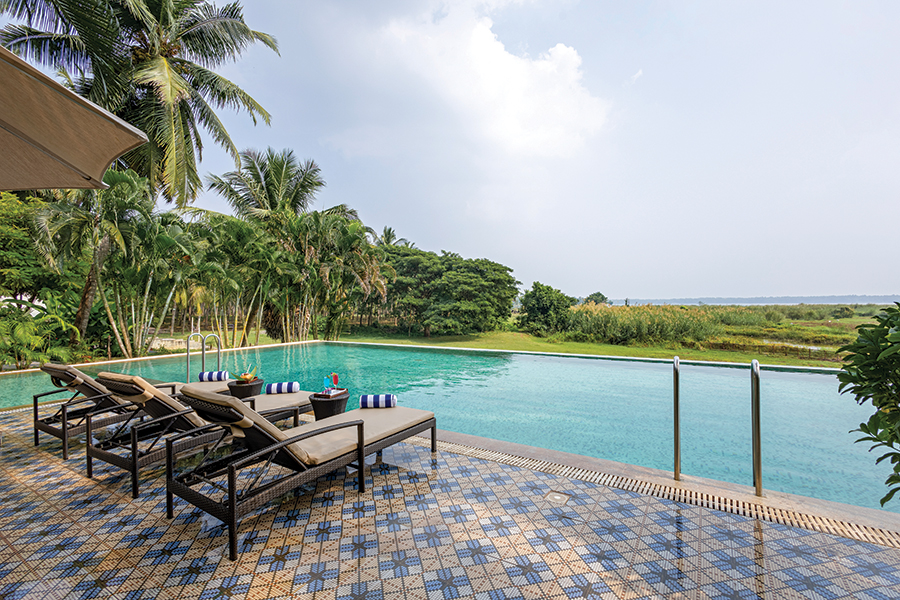Experts unveil the factors that contribute towards the sustainability of salon furniture, extending its life and reusability for the salon
The landscape of the Indian salon furniture segment has undergone several changes during the course of several years. However, with the increasing awareness of the impact of what we use on the environment, salon furniture too has undergone a major revamp so as to be more sustainable than before. Salon furniture manufacturers too are ensuring that they take the right steps from sourcing to finishing to make furniture that is ecologically sustainable.
StyleSpeak connects with 
Elaborating on the factors to keep in mind to make salon furniture sustainable, Durgesh Sharma says “At MARC we ensure to play our part in helping the environment to the best that we can. Here we manufacture durable, high quality furniture that is built to last, reducing the need for frequent replacements and minimizing waste. For manufacturing, only responsibly sourced woods are used which come from forests that are managed to ensure their long-term health and productivity, no plastic whatsoever is used in any of our products, using only real leather is an eco-friendly we make and lastly our manufacturing units are built as such allowing no pollution out in the air. This sustainable approach helps preserve biodiversity and conserve habitats.”

From transition to action
The beauty industry has undergone changes like never before and the salon fraternity has taken note of it. Salons are taking a cautious approach in addressing the operations of the salon from water conservation to energy consumption. They are doing their part in reducing the carbon footprint which has appealed to eco-friendly conscious clients. Salons are also networking with furniture manufacturers to understand the nature of the sustainability of the furniture.
Most of the times salon furniture has a lifespan of five years but manufacturers are doing their bit in extending the life of the furniture and keeping it relevant for the salon. Revealing more on this, Durgesh says, “For the furniture that we build at MARC, we try our level best to preserve their long-term health and usage. However, it is not very common that furniture may wear out after a couple of years of use and in that case if the issue can be resolved without damaging the product, and it is done swiftly by our technical team. If the product cannot be fixed due to any severe issue we tend to replace it for our client, and make sure to recycle it in the most efficient manner in the future.”
Like home furniture, the salon furniture too experience wear and tear over a period of time. With regular usage, the furniture’s joints, support systems might succumb and deteriorate. All these can be taken care of with surfaces that are scratch resistant that can reduce the repairing frequency. Upgradability is one criteria of sustainable furniture. This can extend the furniture’s lifespan. The designs should simplify repairs so that clients can address them and make it reusable.
“To address the 5-year lifecycle, we emphasize recycling. While Ikonic Professional does not dismantle old furniture, we provide guidance and support to salon owners for responsible disposal. On the other hand, materials are encouraged to be repurposed or recycled, aligning with our commitment to reducing waste and minimizing our ecological footprint. Additionally, we offer customization options for colours to meet the specific aesthetic preferences of salon owners, ensuring our furniture not only meets sustainability standards but also fits seamlessly into their design vision,” adds Anwar.
Challenges faced by the Indian salon market
The Indian market presents unique challenges and opportunities. While social awareness is growing, cost considerations often impact decisions. Anwar reveals, “We actively engage in education and outreach to foster a greater understanding of the long-term benefits of sustainable salon furniture. Our approach in India involves a blend of global best practices tailored to local needs, reflecting our commitment to driving positive change.”
On the other hand, there is a large difference between India and any other global market. On a personal level, Durgesh believes that there is a difference in terms of exposure which has very much increased over the last few years. There was a time when there were technologies and techniques that seemed difficult to achieve however, today he feels there is nothing we cannot deliver to our clients. The Indian market is swiftly catching up with the global trends of luxury and style.
The salon furniture segment is at an important juncture in terms of embracing eco-friendly practices. Salon furniture manufacturers are working with various salons to highlight sustainability and to upgrade and managing eco-friendly practices within their premises.










